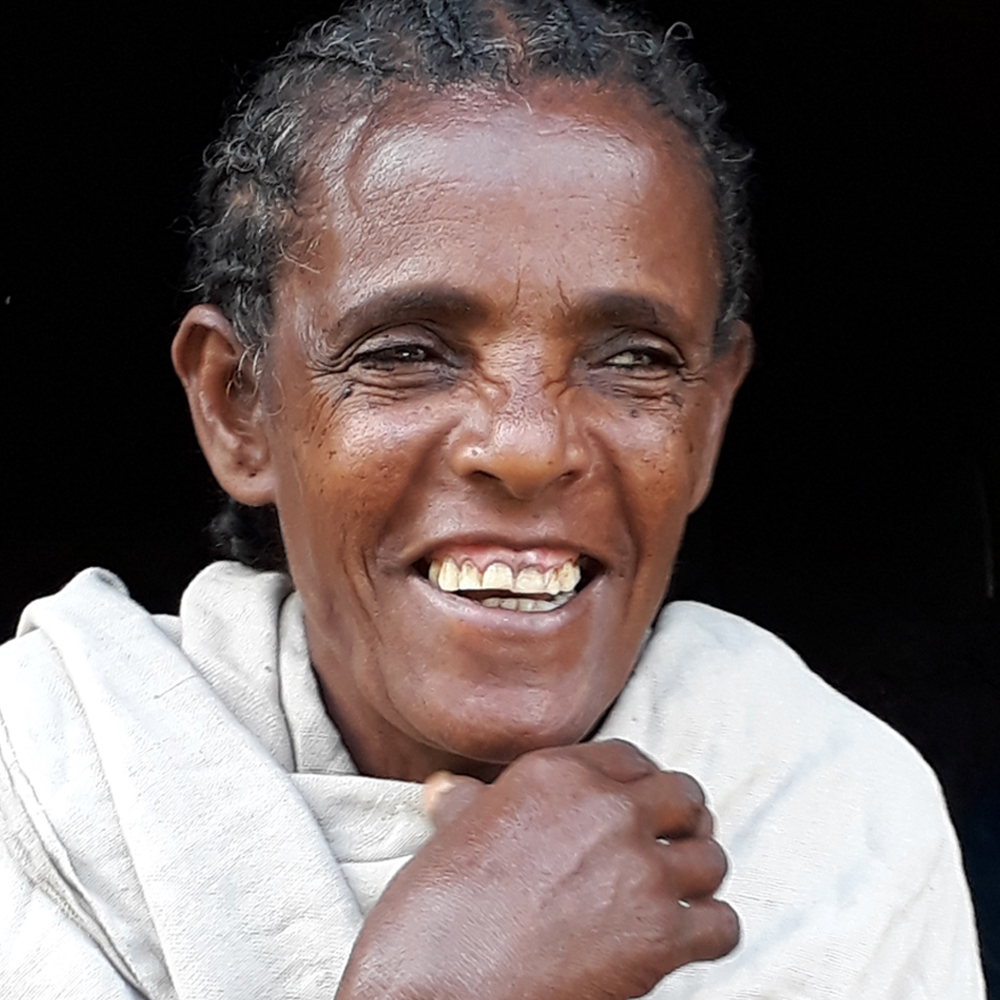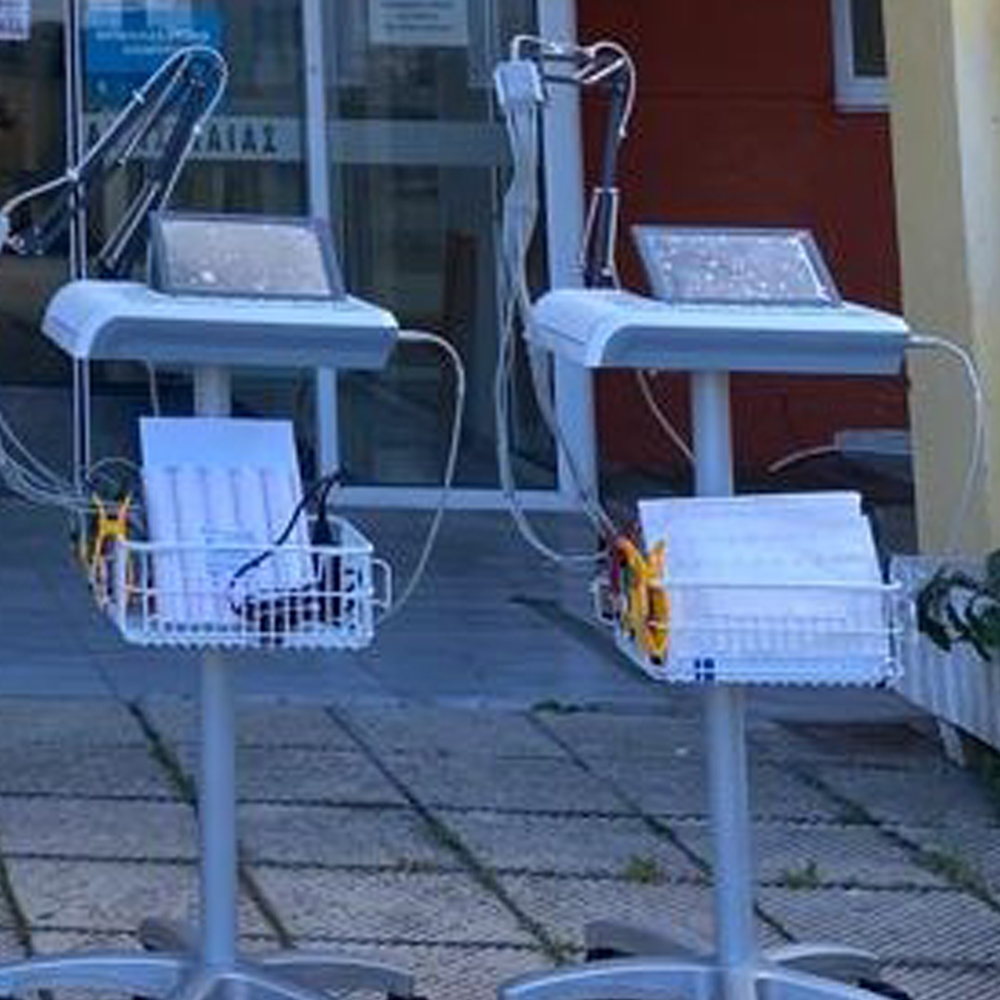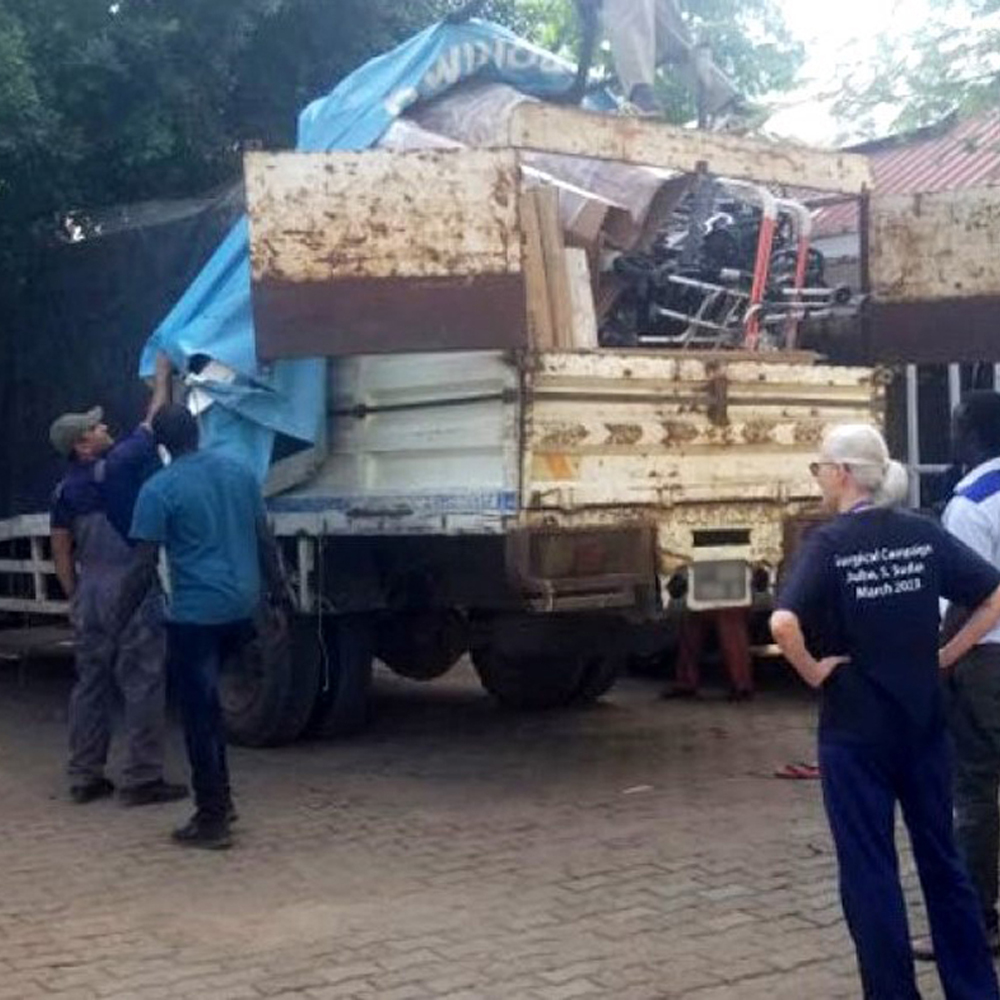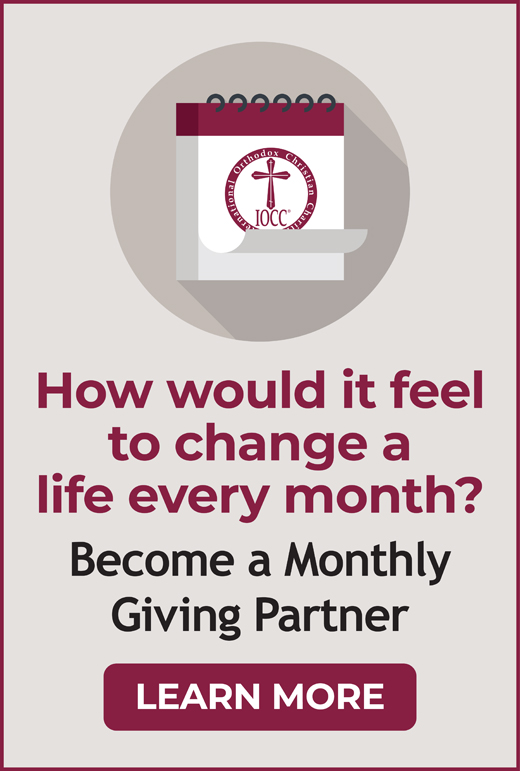Better Health is the Cornerstone to Better Life
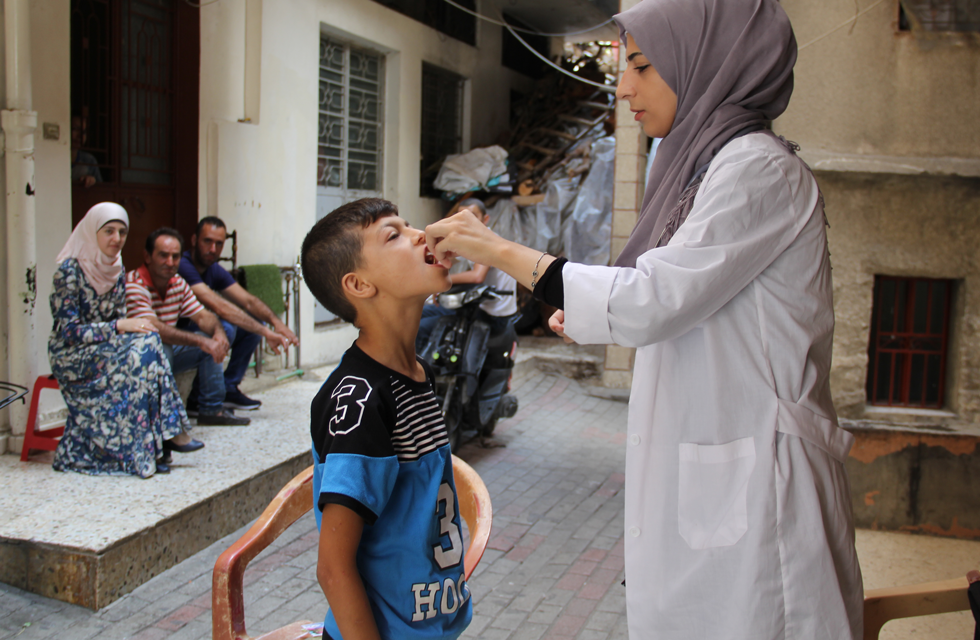
How You Help People Enjoy Healthier Lives
Your donations help millions of people in the US and around the world through IOCC’s work. Around the world, those most in need tend to have the worst health. Evidence shows that in general, the lower an individual’s socioeconomic position, the worse their health.
When you support IOCC’s work training health workers and community members to raise awareness about good health practices, or when you help create opportunities to access medical care, the positive impacts for families and communities are far-reaching. Improvement in their health and well-being is what your donations to IOCC help achieve.
As you might expect, it’s not easy to significantly change the “picture of health” for a community, a region, or a country. But it can be done, step-by-step. And it all begins with YOU and your support to IOCC.
Ethiopia
With your help, IOCC has been working in Ethiopia since 2003 in close cooperation with the Ethiopian Orthodox Church. Ethiopians have benefited from groundbreaking community health programs that combat HIV/AIDS, help treat and prevent podoconiosis (podo) and give mobility and hope to the disabled.
Podo is a is a form of elephantiasis (leg swelling) triggered by an abnormal reaction to irritant mineral particles found in volcanic soils. People who live and work barefoot in silica-rich soils are at high risk. In Ethiopia, 3 million people suffer from podo and another 38 million are at risk. People afflicted with podo often face social stigma and isolation. And podo victims suffer from swelling to the point that walking and playing becomes too painful. Adults can’t work or care for their families. Simple things like washing your feet and wearing shoes can prevent it.
With your help, IOCC has helped more than 300,000 children and adults who are afflicted with or at risk of podo in Ethiopia with treatment to ease their suffering or prevention through foot hygiene classes and shoe distributions. There are eleven (11) podo clinics in Ethiopia operated by IOCC. Prevention education is taught here so residents know how to properly wash their feet. They also receive soap and a wash basin so they can clean their feet at home. Working with researchers, IOCC is at the forefront of the worldwide effort to prevent and treat people with podo.
Learn more about podo and our efforts to help eliminate it at fightpodo.org
Greece
You and other generous donors have literally been saving lives in Greece. The country’s failing economy and government cutbacks have driven the public healthcare system to the brink of collapse. The most basic yet essential supplies are severely lacking – surgical gloves, syringes, vials for blood samples, suture needles, etc.
You’re helping give Greece’s people a vital lifeline. More than $18 million in medical supplies and equipment have been delivered thus far.
The supplies have gone to public hospitals in greater Athens, Thessaloniki, central and northern Greece, the Peloponnese, Crete and the Ionian and Aegean islands. Free clinics throughout the country serving thousands of children, families and elderly without an income or access to Greece’s national health system have also received supplies.
Lebanon
Malnutrition carries serious consequences for a young child, particularly those under the age of five, including stunted physical growth, vision impairment, delayed brain development and often, death.
Thousands of Syrian refugee children in Lebanon face this deadly threat every day. In cooperation with UNICEF, IOCC is working to curb the threat.
Since 2013, IOCC has screened and treated 100,000 Syrian refugee children for malnutrition in Lebanon. IOCC is now training public health staff in Lebanon’s healthcare centers to carry on this important work in child nutrition. In addition, our awareness campaign has taught more than 13,000 new and expectant mothers about the health benefits of breastfeeding and appropriate infant nutrition.
Syria
The country’s civil war has caused many serious problems, including a critically weakened healthcare system. Displaced Syrians now find it very difficult to afford medical treatment to stay healthy, and in far too many cases, they can’t even get treatment needed to survive.
Many of the country’s pharmaceutical factories have been destroyed. The UN reports estimate two-thirds of the public hospitals have been damaged or destroyed. And more than 15,000 doctors and medical staff have been forced to flee in order to escape the war.
That doesn’t leave much healthcare for the Syrians who need it. Women and their newborn children are especially at risk because child deliveries frequently occur in unsafe conditions (poor sanitation as well dangers from the raging war).
This is why the help of IOCC donors is so critical. Thanks to you, IOCC is able to help meet the medical needs of families with:
- Medical supplies to hospitals in Hama, Hasakeh, Aleppo, Damascus, Dara’a, Lattakia, Swaida and Tartous.
- The costs of minor surgical procedures and related medicines covered for patients when possible.
- Family hygiene kits distributions to help overcome crowded conditions and lack of water which have led to a sharp rise in scabies (contagious skin disease marked by itching and small raised red spots, caused by the itch mite) and waterborne intestinal infections.
- Trauma counseling to help adults and children deal with the stress and trauma of war. Adults attend workshops on stress management and building self-esteem. For children, art and music therapy help them express feelings and quiet the nightmares.


